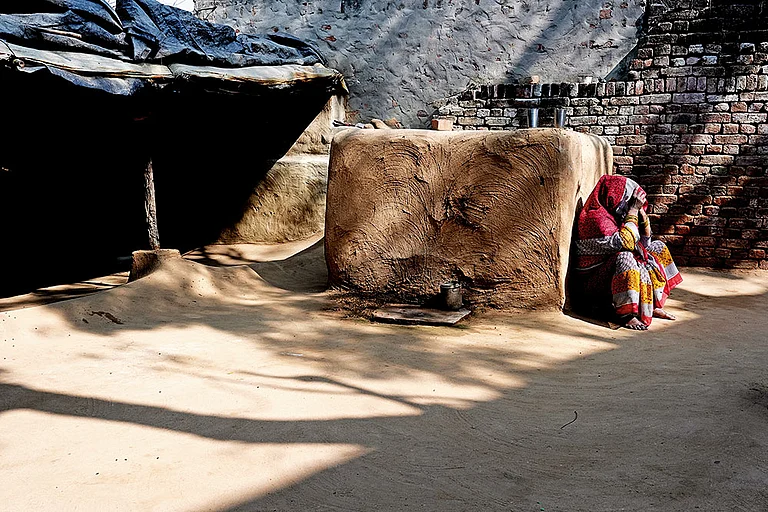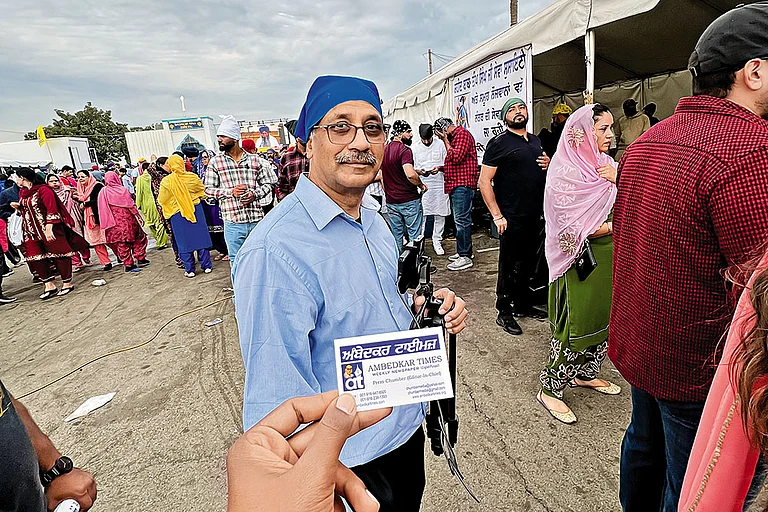
Founded in 2015 after Manjhi’s split from JD(U), the party has grown into a strategic force within the NDA, helping consolidate Dalit and lower-caste votes in reserved seats.
After rejoining the NDA in 2020, the HAM(S) gained momentum and by 2024, Manjhi became an MP and Union MSME Minister, strengthening the party’s influence in Bihar politics.
Jitan Ram Manjhi’s Hindustan Awami Morcha (Secular) plays a key role in Bihar’s NDA alliance, focusing on Scheduled Caste and Scheduled Tribe representation across six constituencies in the 2025 Assembly elections.
Within Bihar’s NDA alliance, Jitan Ram Manjhi’s Hindustan Awami Morcha (Secular) remains a modest yet strategically significant force. Founded by Manjhi on 8 May 2015 following his split from the Janata Dal (United), the party continues to exert quiet but meaningful influence over the state’s political landscape.
Under the NDA’s current seat-sharing arrangement, the Hindustan Awami Morcha (Secular) is contesting six constituencies. Traditionally viewed as a bastion for Scheduled Caste and Scheduled Tribe representation within the alliance, the party has helped consolidate lower-caste votes across several reserved seats. In the 2025 Bihar Assembly elections, four of its six candidates have been fielded from SC-reserved constituencies — Imamganj, Barachatti, Sikandra, and Kutumba. The party is now contesting one seat less than it did in the previous Assembly elections.
Manjhi had earlier shared a post hinting at possible dissatisfaction with the seat-sharing arrangement in the NDA. He shared verses from Ramdhari Singh Dinkar’s Rashmirathi, implying that the BJP was Duryodhana, unwilling to give away even a meagre five villages to the Pandavas. The former Chief Minister modified the reference of five villages from the epic poem Mahabharata to 15 villages.
“If justice be in half measure, then give but a half. And if that too faces an obstacle, then give but 15 villages, and keep all the rest of thy land. We [HAM(S)] will happily eat our share, and shall not raise a sword against our kinfolk,” Manjhi’s post read, recounting Dinkar’s poem.
The Party’s Journey
Drawing on the lower-caste appeal of its founder, the party’s early journey within the NDA was far from smooth. In the 2015 Assembly elections, it contested 21 seats, with Manjhi himself running from Makhdumpur and Imamganj. While the party secured victory only in Imamganj, Manjhi faced defeat in Makhdumpur.
After parting ways with the NDA in 2018, the party briefly joined the Mahagathbandhan and contested three seats in the 2019 Lok Sabha elections — but failed to make a mark. Returning to the NDA fold ahead of the 2020 Bihar Assembly elections, the Hindustan Awami Morcha (Secular) bounced back, winning four of the seven seats it contested. The party won Barachatti, Imamganj, Sikandra and Tikari. Following the polls, Manjhi’s son, Santosh Suman, was inducted as a minister in Chief Minister Nitish Kumar’s cabinet.
In the 2024 Lok Sabha elections, the party’s founder, Jitan Ram Manjhi, was elected as a Member of Parliament and currently serves as the Minister of Micro, Small and Medium Enterprises. With a stronghold over the Dalit voter base in several constituencies, the party enables the BJP to consolidate upper-caste votes, while other alliance partners — JD(U), Lok Janshakti Party (Ram Vilas), and HAM — cater to their respective demographic groups.




























